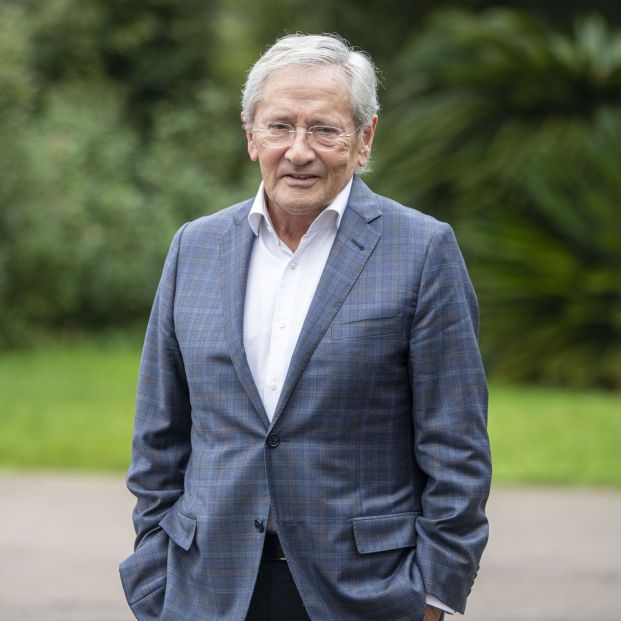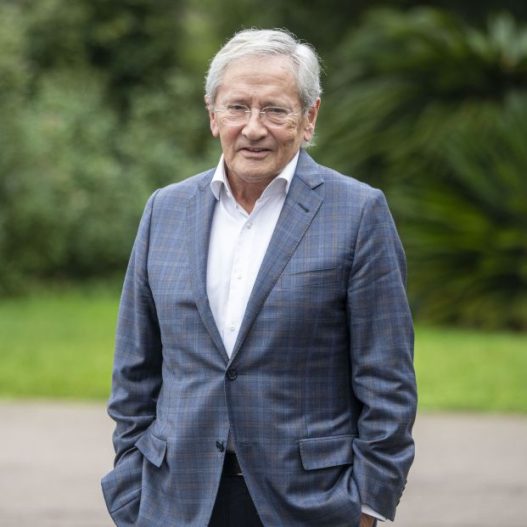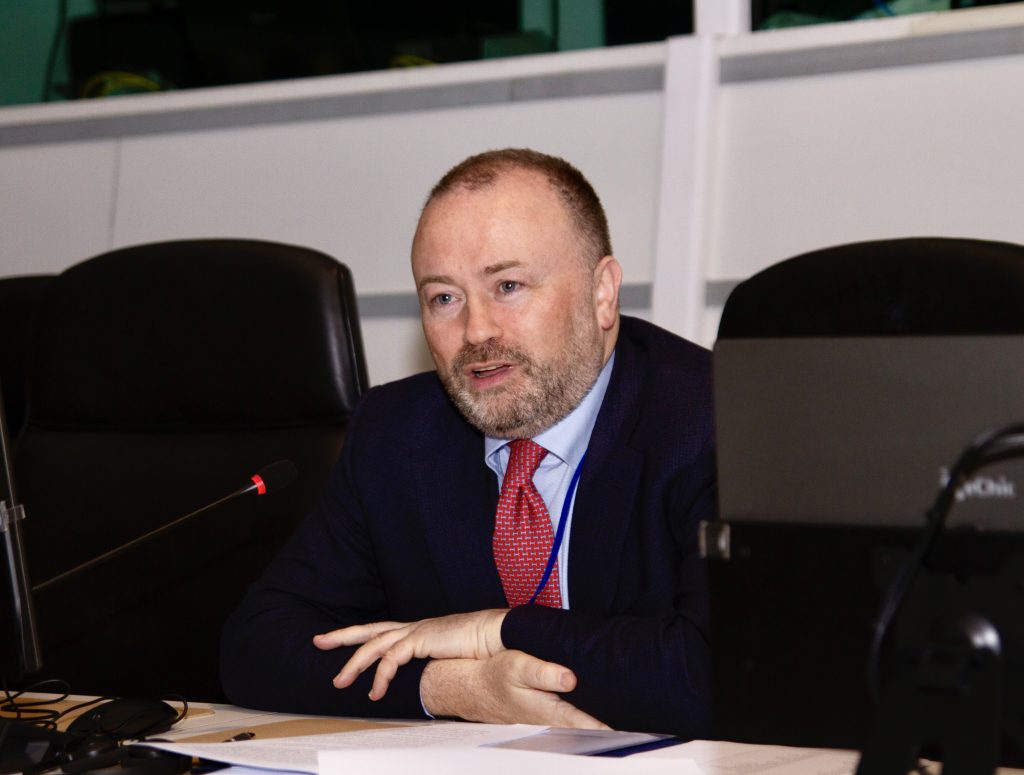FERNANDO ÓNEGA
I AM CONCERNED ABOUT IDEOLOGY REPLACING THE NEUTRALITY TO WHICH WE ARE OBLIGED TO BE NEUTRAL

Text by Fernando Ónega on the VII Congress of Media Editors of Europe, Latin America and the Caribbean
Dear fellow martyrs of the journalistic profession:
We are in a very delicate moment. At a time when manipulation, political polarization and the proliferation of fake news threaten to undermine confidence in the media. Let’s keep this in mind, because this is happening. Artificial Intelligence is happening, and we don’t yet have enough idea of what it can mean for our work, for the falsification of our work and for the cancellation of the labor and imaginative will of our work.
I want to have a tribute, for those I have to call the heroes of freedom of information; they are the ones who are covering the wars right now, they are the ones who are fighting to tell what is happening in the totalitarian regimes of the world. They are the ones who are fighting within the companies themselves to defend their freedom of information in conditions, often very poor, of salary injustices and vile exploitation by the companies, which are more technical entrepreneurs than journalistic entrepreneurs.
And finally, I would like to tell you what worries me personally at this time. I am concerned about the loss of credibility of the media and, therefore, of us journalists. I am concerned about the quotas that are imposed, especially when several journalists participate in a talk show or debate program. I am concerned that ideology replaces, and therefore prostitutes, the neutrality to which we are obliged.
I am concerned, of course, about social networks. I am surprised at how well informed young people are when they do not read a newspaper, watch a television news program, or listen to a radio news program. Where do they get this information from? From the networks. Is it reliable information? I don’t think so. Many times it is not reliable. It is manipulated, it is invented, but it is there marking territory, and what is worse, in my opinion, it is serving as a source of information for the classic media.
It makes me very sad to see how broadcasters, television stars, for example, who are speaking to millions of citizens at the same time, worry about what they are talking about on social networks, and their pride is to be able to say, as we sometimes hear them say, that at that moment they are trending topic, when what they should be doing is counting the number of viewers they have. And all this has a conclusion, in my opinion, dramatic: it is the number of people who think that today, having more information than ever, they are worse informed than ever. We journalists and newspaper companies bear some responsibility for this state of opinion.
—-
Fernando Ónega is one of Spain’s most renowned and long-standing journalists. He was, among other things, press director of the Presidency of the Government under Adolfo Suárez, at the time of the democratic Transition, as well as news director in radio and TV.



